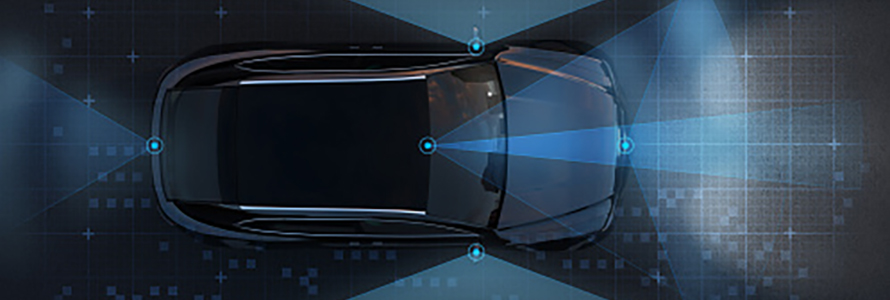What will characterize the future of the automotive industry and what strategies will be successful? What's certain is that four mega-trends will play a major role: electrification, autonomy, connectivity and smart services. At this year's carIT, which will take place on 17.09.2019 in Frankfurt during the IAA, the strategic path will be set for the future of the automotive sector, and there will be discussions on which strategies promise the most success.
You can look forward to an interesting presentation on the theme of "Autonomous driving and the digital transformation in the automotive industry - What is important now?" by our Autonomous Mobility expert Dr. Jörg Saße. Not only the technology itself will be discussed, but also the resulting changes in the automobile value creation processes. In addition to top-quality speakers, a Partner Speed Stage and a Breakout Session, our MHPteam awaits you at the MHPstand and and will answer all your questions on all aspects of mobility and highly autonomous driving (HAD). For the first time, we will also present our new white paper on the topic of "autonomous driving".
OEMs and 1st tier suppliers are just at the beginning
The dream of highly autonomous driving (HAD) is coming a little closer to reality day by day. Several million kilometers have already been successfully completed, countless data from various sensors and cameras have been collected, and driving situations have been analyzed. However, the topic remains complex and will continue to be a major challenge for the R&D departments of car manufacturers and 1st tier suppliers throughout the coming decades. And this in a dynamic competitive environment in which above all American and Chinese companies are making great progress. With regard to the generation and storage of real driving data, many companies are on the right track and have made enormous progress. BMW, for example, collects over 1500 TB of new raw data with 80 vehicles – every day. On premise, BMW has over 230 PB storage capacity available. A central point is the processing of the data flow. It not only needs to be transferred and validated, the data is the driver and basis for the derivation of solid driving models. Moreover, model approaches for the simulation and testing of driving algorithms are required. In this regard, however, many OEMs and suppliers are only just beginning. In addition, current processes for the development of autonomous systems are not optimally organized: Schedules are postponed for years, and costs are exploding. MHP will therefore support the designers of autonomous mobility even more.
MHP extends its consultancy portfolio
We are currently creating a completely new service portfolio for this topic. With our process and IT expertise, already today we are able to provide our customers with long-term advice at critical points. For example, with the development of a data strategy and of data-driven, iterative closed feedback loops, which takes into consideration the entire process chain, as well as the data processing. In the same way, we provide the tools and technologies with which the various stages of autonomous driving can be implemented. We establish ideal set-ups for neuronal networks and offer a unique combination of system engineering and agile workflows. Not least, thanks to our business expertise we provide important impulses for establishing new business models that make autonomous driving possible.
